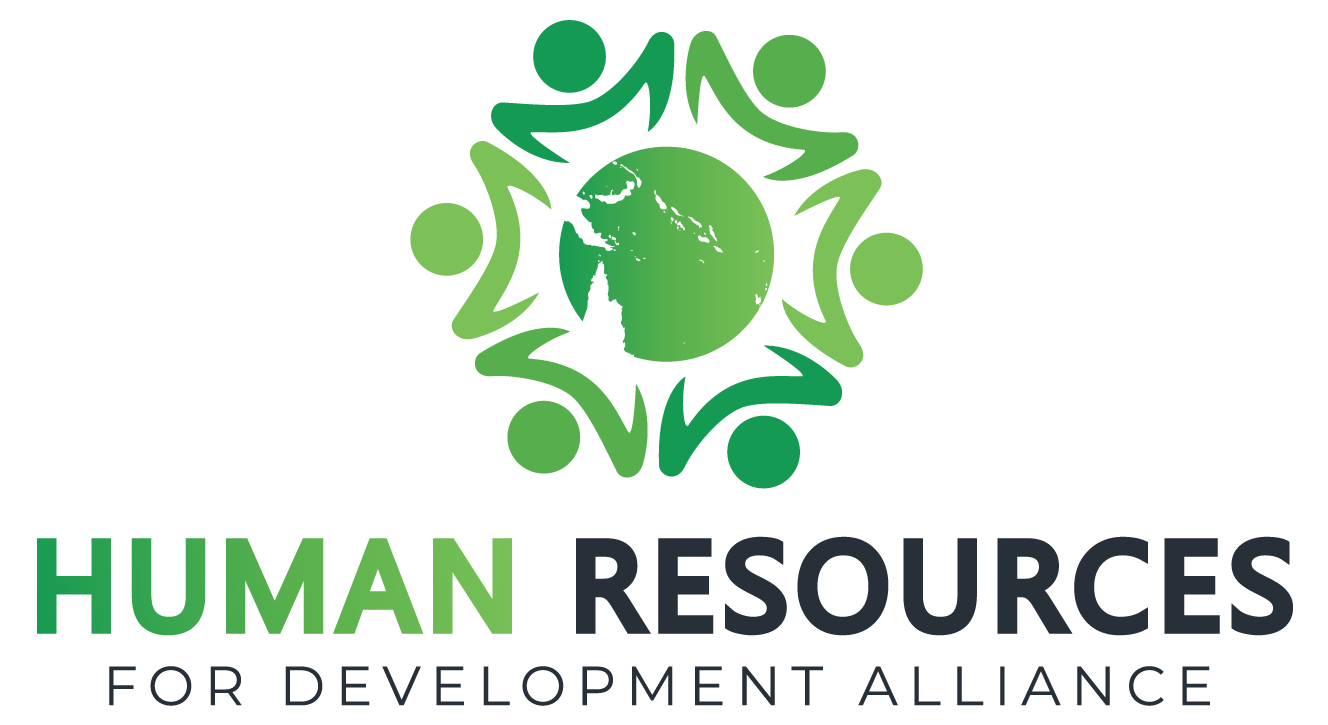HRDA has been contracted by WHO to design a training course for human resources for health (HRH) managers and administrators in the health ministries of the Pacific Island Countries. The target audience for the course are those officers of HRH Units involved in the management of human resources at varying levels, ranging from senior managers involved in HRH management decisions making, to administrative officers carrying out the detailed work of maintaining records.
While HRH Units are responsible for ensuring the effectiveness of up to 85% of most PIC’s health expenditure, typically they are under-resourced and almost exclusively engaged in day-to-day operational tasks. They generally have little time nor competence to think and plan strategically. The proposed course will aim to generate a greater awareness of the national strategic health policy and expand HRH Unit personnel awareness beyond the functions of their positions and enable them to better contribute to building the nation’s health workforce.
The first stage is to complete a Training Needs Analysis. We are currently preparing a survey of HRH practitioners and more senior managers in the health departments of 13 Pacific Countries. Following analysis of the findings and discussion with focus groups on the issues arising, the second stage is to prepare a course for FPs that can be delivered on-line or face to face.
Our intention is to create a course that will emphasise practical implementation and be based on the essential functions of HR roles, supplemented by exposure to strategic policy intent and planning, and to external factors operating on the health workforce. This should facilitate greater HRH practitioner involvement in developing the human resource than mere record keeping and proforma processing. We anticipate that on completion of the course the HRH practitioners will be able to prepare their country health workforce profiles, understand the implications of proposed health system structural changes, relate their work to the national health workforce accounts and understand the legislative and regulatory environments that support the workforce.

